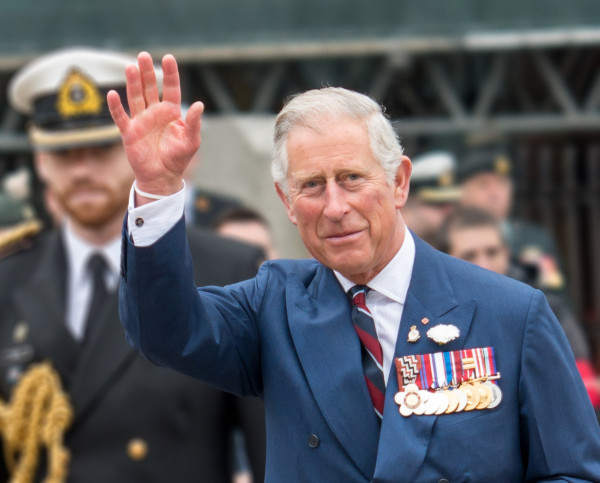Penny Mordaunt Reflects on Historic Role at King Charles III's Coronation, Thanks Painkillers for Assist

Penny Mordaunt, the Leader of the House of Commons and Lord President of the Council, has provided a unique insight into her historical role at King Charles III's coronation. Mordaunt, 50, was given the honor of carrying the eight-pound Sword of State during the procession to Westminster Abbey on May 6.
During an interview with BBC's "Political Thinking" host Nick Robinson, Mordaunt, the first woman to carry the ceremonial sword at a coronation, laughed off suggestions that she had spent significant time at the gym preparing for the task. "You want to make sure you are in good nick," she told Robinson.
In a lighthearted moment, Mordaunt confessed to taking a couple of painkillers before the ceremony to ensure she would be comfortable. After carrying the hefty Sword of State during the first part of the ceremony, she swapped it for the lighter and more ornate Jewelled Sword of Offering.
Lady who Stood as Sword Bearer at King Charles III Coronation, reveals she took pain killers to help her develop stamina as she held the King's sword for that Long.
— EveAfrique News (@EveafriqueNews) May 12, 2023
#newspapersinportharcourt #eveafriquenews #EveAfriqueMagazine #southerntimes #portharcourt #kingcharlescoronation pic.twitter.com/TBFVxHUipR
Mordaunt, the Conservative MP for Portsmouth North, credited her navy training for teaching her to maintain circulation during the long ceremony. She advised anyone undertaking similar duties in the future to "practice," "have a good breakfast," and "wear comfortable shoes."
During her historic role in the coronation, Mordaunt performed the ceremonial exchange of swords with King Charles III. The King received the Jewelled Sword of Offering, embedded with diamonds, emeralds, and rubies, to be used "for the protection of good and the punishment of evil," as per the Royal Collection Trust. Mordaunt then led the monarch out of the abbey, carrying the unsheathed Sword of State.
Following the coronation, Mordaunt discovered she had become an internet sensation, with social media users creating memes replacing the sword with various objects, including a kebab. The MP took it all in stride, praising the creativity of the British public.
Mordaunt was also lauded on Twitter for her performance at the coronation, with users commending her poise and dedication. She responded to the praise by acknowledging the efforts of the "armed forces, police officers, and others" who stood for hours as part of the ceremony or to ensure safety. In comparison, she modestly referred to her own role as "rather easier."














